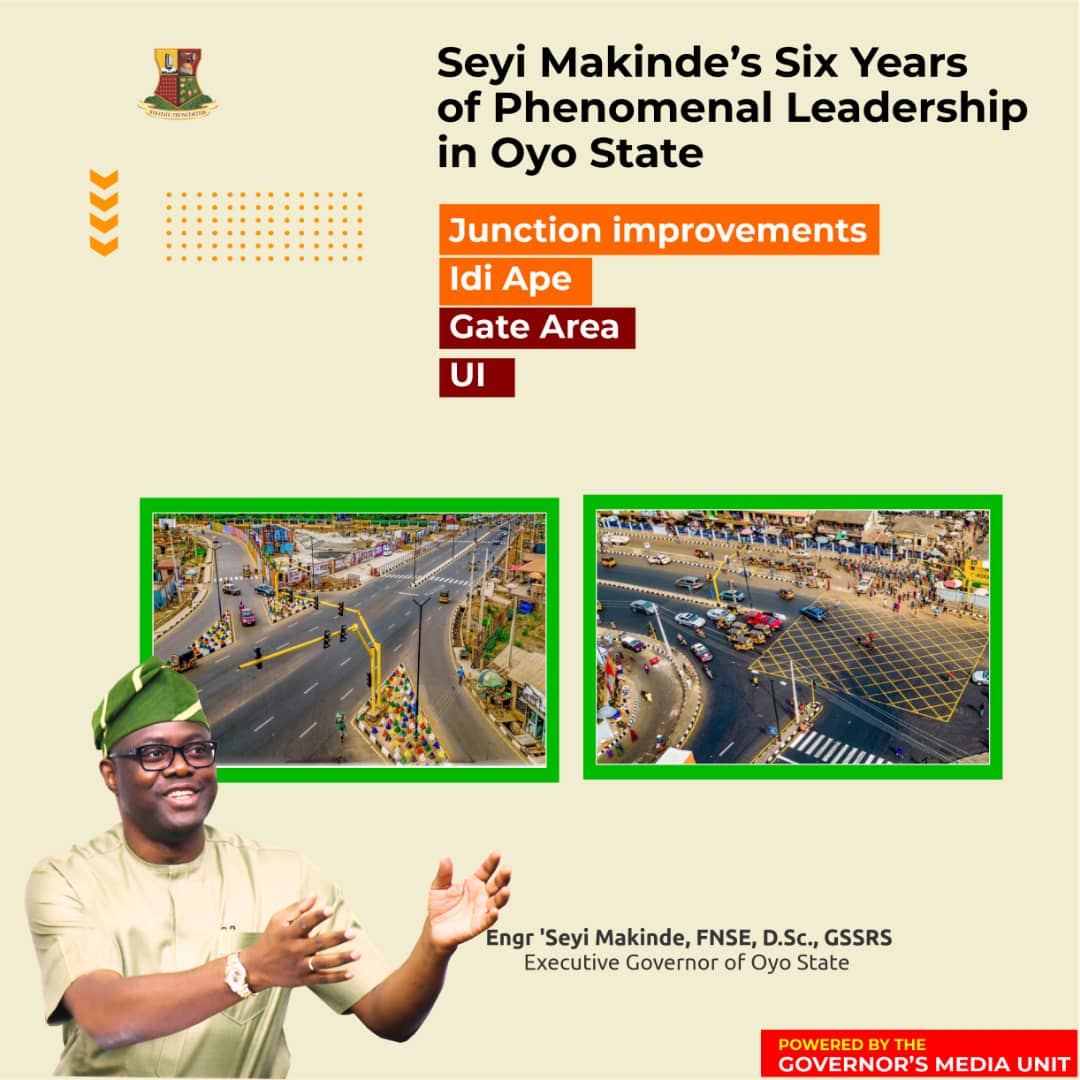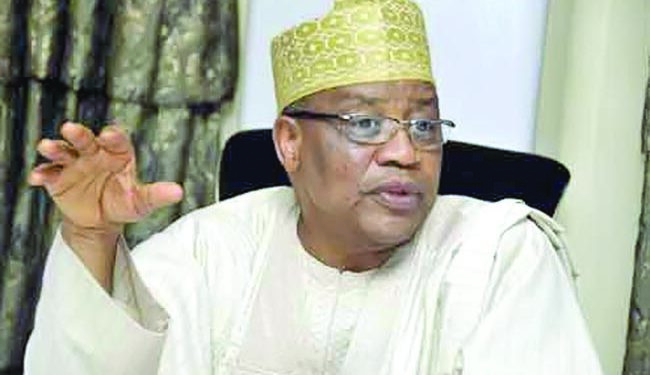Former military president, General Ibrahim Babangida (IBB) has said history will judge him as leader of the country for eight years.
In an interview he granted the Federal University of Technology (FUT) Minna Search FM Radio, he advised younger Nigerians aspiring to lead the country to seek to know the people and understand the country better.

His regime annulled the June 12, 1993 presidential election won by the late politician, Chief MKO Abiola, and adjudged the freest in the annals of the country, resulting into a prolonged political crisis in the country.
Babangida said his greatest achievements as Nigeria’s leader was to know more about the country and make friends across board, while adopting coercion and pleading as leadership styles.

Asked to speak on his achievements throughout his career, he said: “Number one is that I served the country the best I could, it may not be to your satisfaction but to the best that I could; I leave that to history to judge.
“I related fairly well with the people of the country. I had no problem with them and I got to know the country more as I was well travelled. I made friends all over the country and I thought that was one of the greatest achievements,” he said.

He advised younger Nigerians to try as much as possible to know and understand the country because they are the future leaders. “You have an opportunity now as young people, get to know the country, study the country, the people and if you are able to do that or to understand that, basically I think that will go a long way to prepare you for the eventual leadership of the country,” he said.
Babangida also talked about his leadership style, saying: “Just like any other style, you are placed in a leadership position; your job is to lead people. You develop a situation where people look up to you to provide certain solutions to their problems or to their fears.
“Whatever it is and you stand out as the person who will be able to do that. So you have to study human beings, you have to read about them and you have to be very compassionate. Sometimes ruthlessness to get things done but there are a lot of ways you have to develop so that you will be able to achieve certain things. Others you plead with, some you coerce.”
On his civil war experience, Babangida said it was a sad experience and he would not want a repeat—that is fighting those you trained with for the unity of the country.

